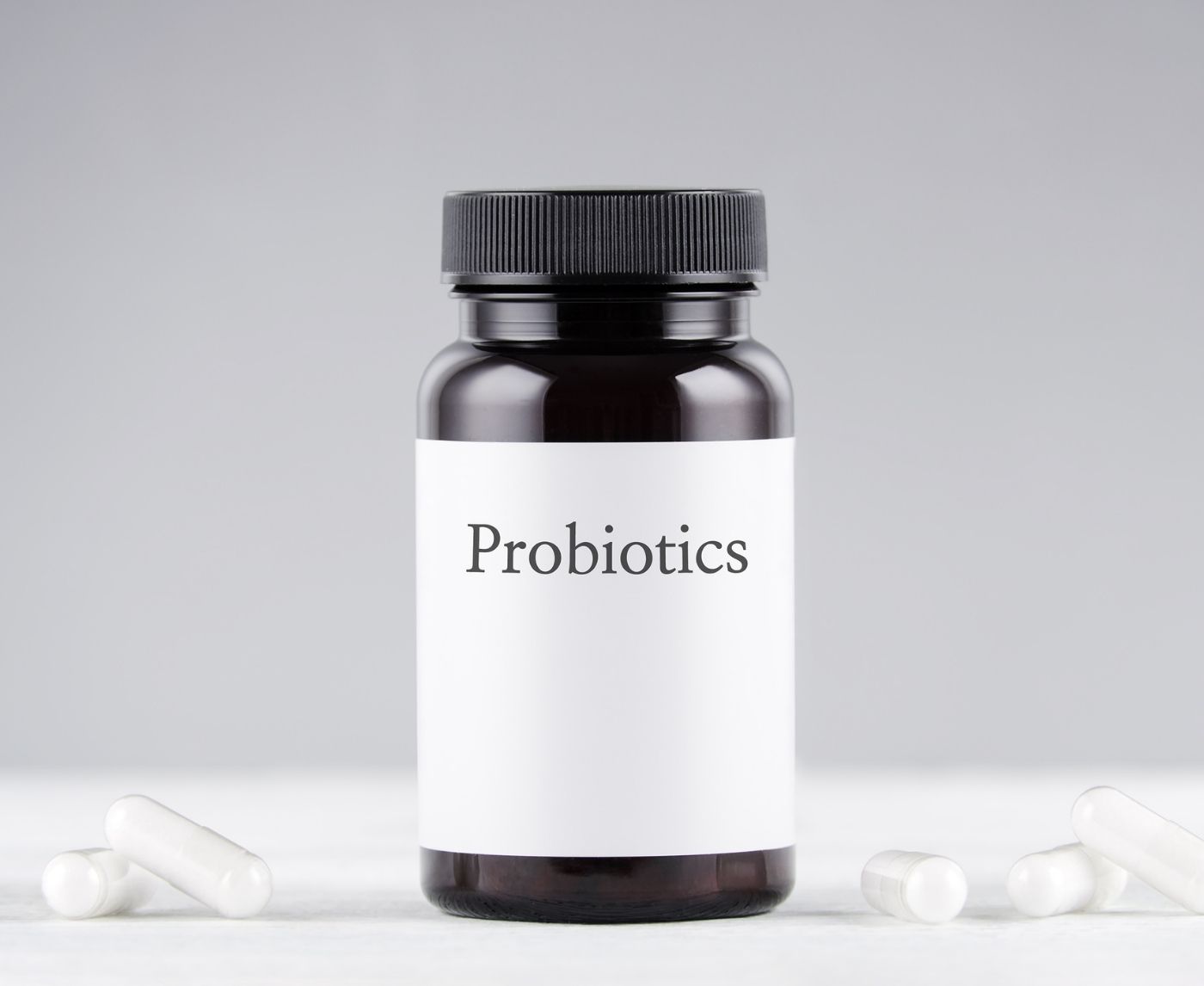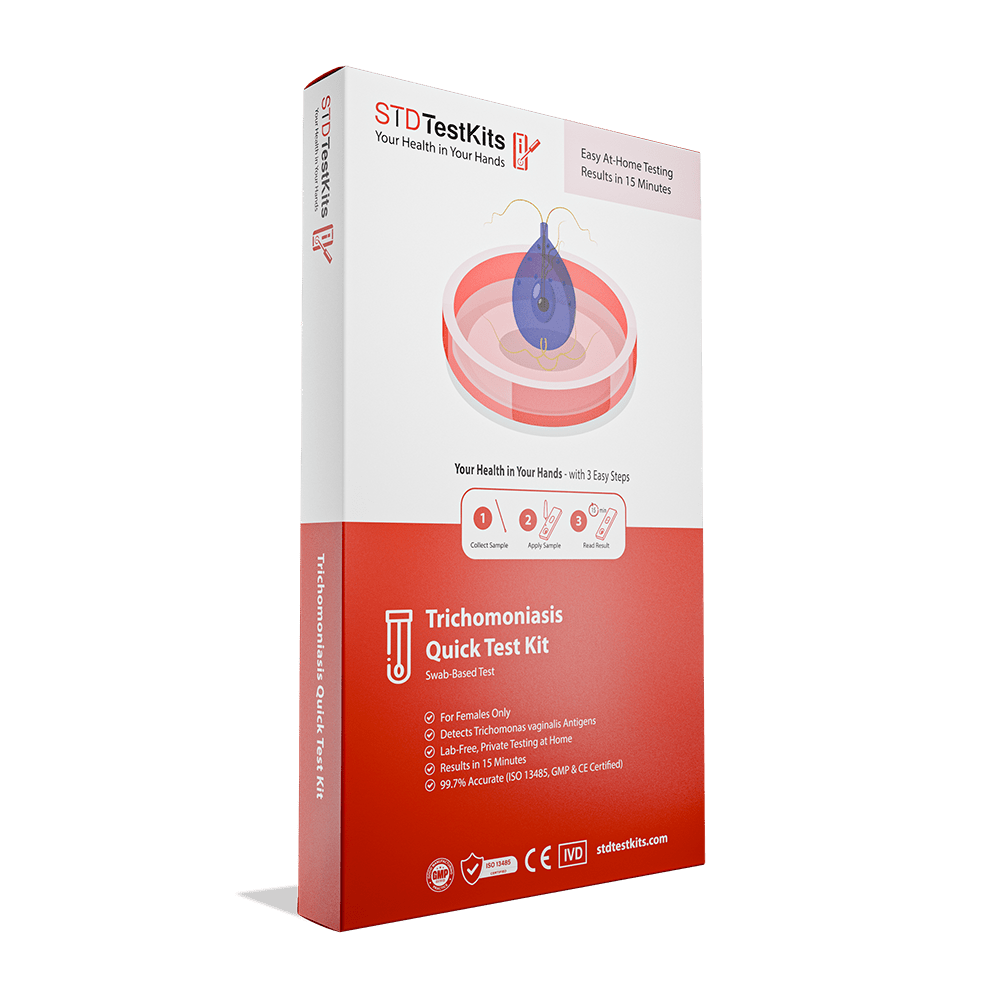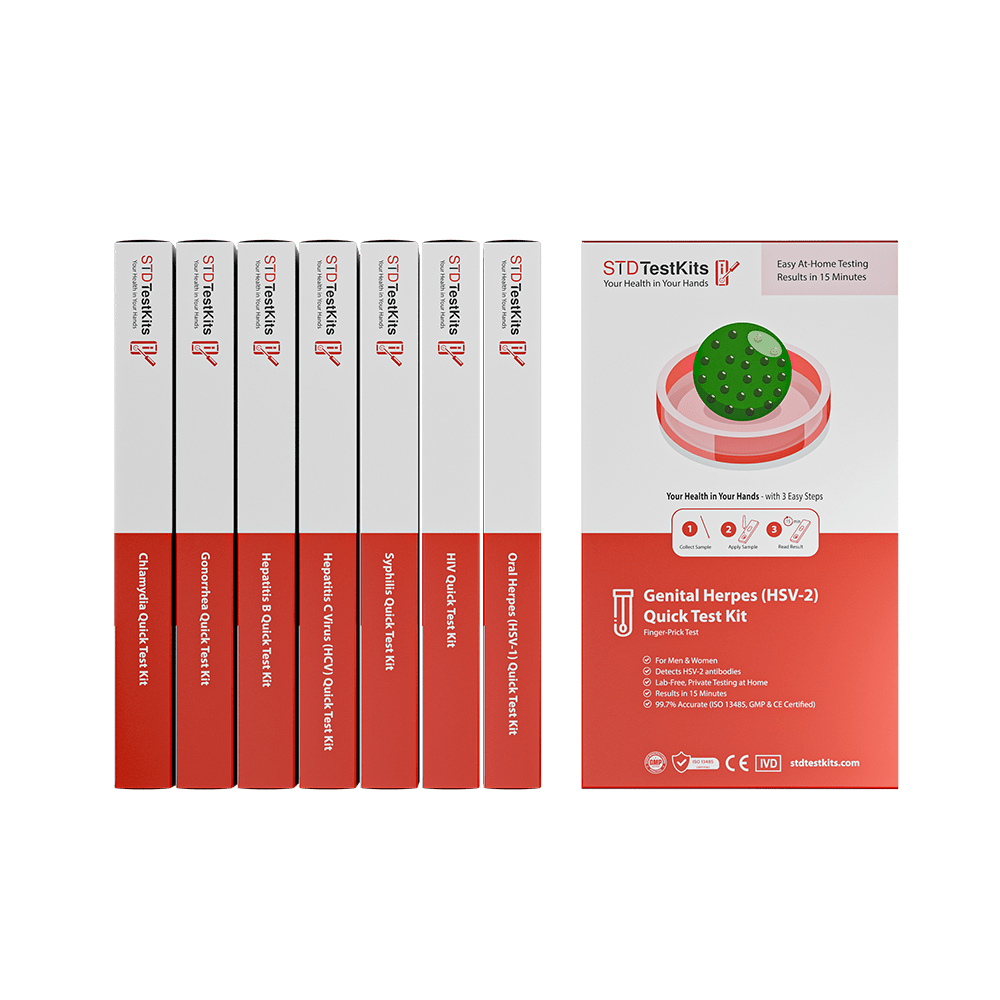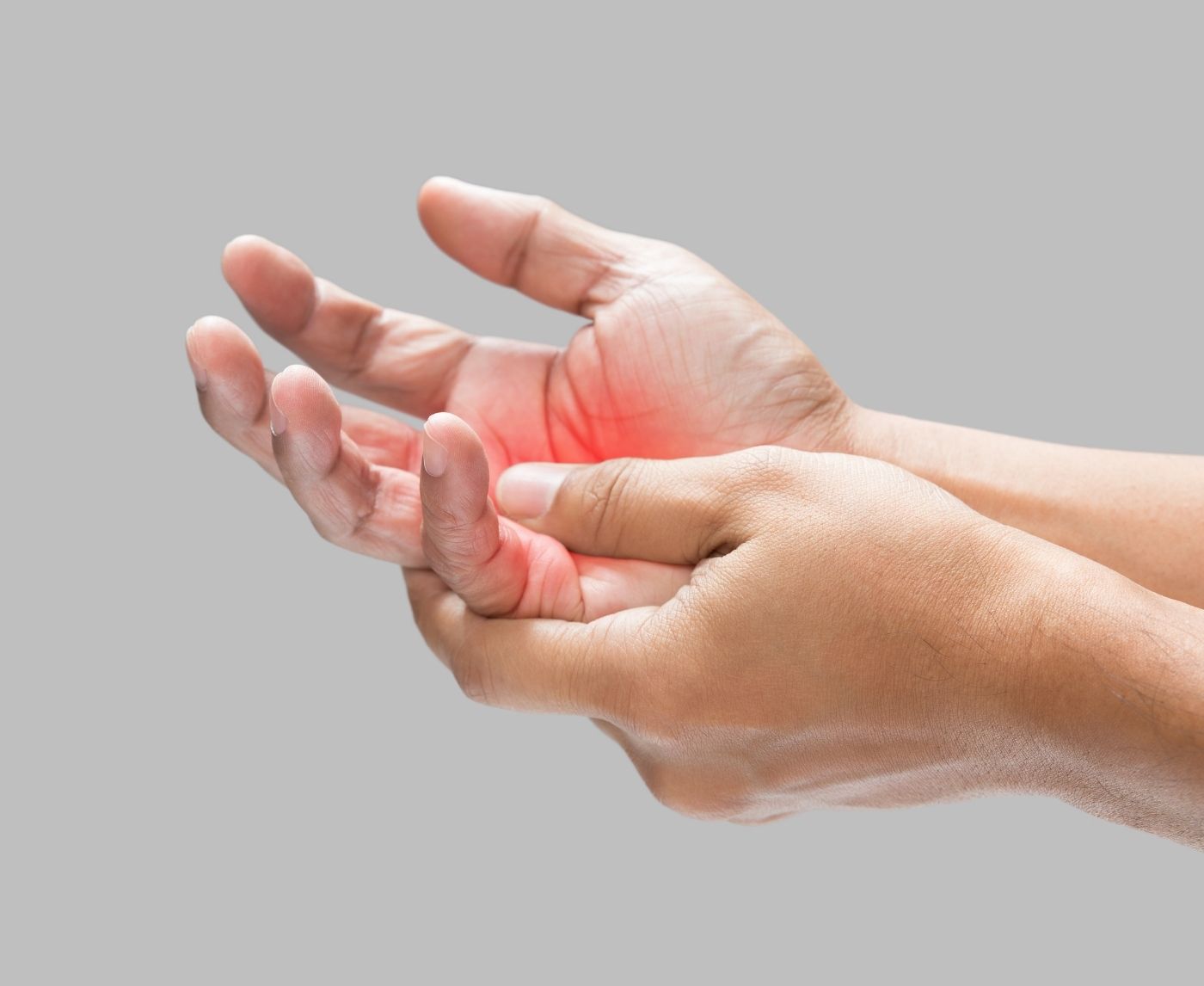Can You Get an STD from Hands Alone?
Quick Answer: Probiotics do not prevent STDs, but they may support vaginal health and immunity, which can reduce your vulnerability to infections like BV or yeast, especially after antibiotics or unprotected sex.
This Isn’t Just a UTI, And That’s Why You Googled
Let’s be real: most of us don’t reach for a probiotic because we’re on a self-care high. It’s usually after something funky. Discharge that smells like copper. A surprise burn mid-pee. Maybe a condom broke. Or maybe you just feel...off. The itch might not scream chlamydia, but it doesn’t whisper “you’re fine,” either.
That’s the limbo Tara was in. “I didn’t have any ‘classic’ STD symptoms,” she said. “But I had just slept with someone new, and I couldn’t stop googling ‘can probiotics fix this?’ at 3AM.”
And she’s not alone. Search terms like “probiotics after sex,” “probiotics and STD prevention,” and “best vaginal probiotic for immunity” have surged in the last two years. But here’s what most articles don’t tell you: probiotics aren’t a shield against gonorrhea, herpes, or HIV. They’re not emergency contraception for your microbiome.
So why do they feel like a solution? Because sometimes, the symptoms we panic about aren’t STDs at all, but the microbial aftermath of antibiotics, semen, lube, or even our own hormones throwing off the delicate vaginal ecosystem.
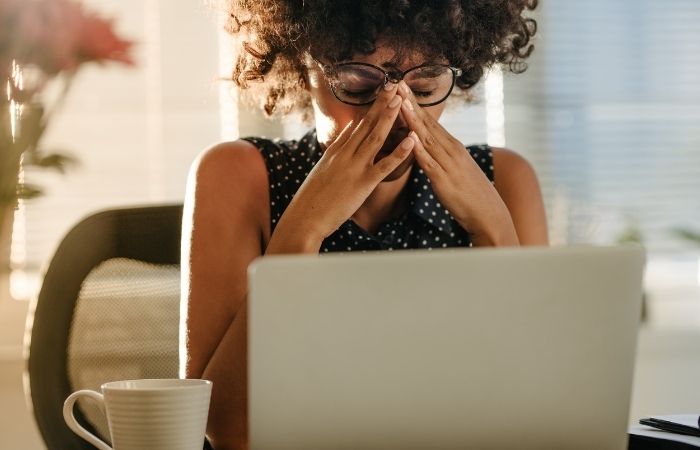
People are also reading: Syphilis Is Surging in Alabama, Don’t Wait to Get Tested
Inside the Microbiome: Your First Line of Defense
Your vagina isn’t sterile. There are trillions of bacteria that are always working together to keep it alive. What are the stars of this tiny show? Lactobacillus species. These good bacteria make lactic acid and hydrogen peroxide, which keep the vagina's pH low (acidic = hostile to pathogens) and act as a first line of defense against intruders, such as sexually transmitted infections.
A 2023 review in Frontiers in Microbiology says that some strains of Lactobacillus can lower the risk of infections like bacterial vaginosis (BV) and maybe even make you less likely to get chlamydia and HPV. There is, however, a big difference between correlation and prevention.
Probiotic success stories are everywhere. People swear they clear up yeast infections, calm discharge, even relieve UTI symptoms. And some of it is legit: for those who’ve taken antibiotics for an STD or anything else, probiotics can help repopulate healthy bacteria, especially if your flora took a hit.
But timing matters. “Taking a probiotic after an exposure isn’t going to ‘wash out’ an STD,” says Dr. Erika Montoya, an infectious disease researcher. “If you’re exposed to trichomoniasis, no amount of yogurt or pills will change the outcome.”
That said, data does support probiotics for post-treatment healing. A 2022 clinical study found that women who took Lactobacillus-based probiotics after antibiotic treatment for BV had lower recurrence rates and fewer lingering symptoms. Another study published in the Journal of Women’s Health linked disrupted vaginal flora to increased risk of HPV persistence, especially in women who lacked protective Lactobacilli.
So yes, there’s some magic in the microbiome. But it’s not an STD cure. It’s maintenance. It’s support. It’s like giving your body the tools to recover, not the armor to prevent battle wounds.
What About BV, Yeast, and That ‘Off’ Feeling After Sex?
This is where things get confusing. You might test negative for every major STD, but still feel raw, irritated, or like your vagina isn’t yours anymore. Often, this is a result of semen (alkaline), lube, friction, or pH shifts disrupting your natural flora. And guess what? That shift makes you more vulnerable to infections, even if you’re symptom-free now.
“It felt like my vagina was punishing me,” said Nia, 31, who started getting chronic BV after dating someone new.
“My doctor kept giving me antibiotics, but it always came back. I finally tried probiotics and boric acid, and it was the first time I felt balanced again.”
That “balance” matters. According to the World Health Organization, conditions like BV don’t just suck, they increase your risk of acquiring other STDs, including HIV, by damaging protective barriers and inviting pathogens in.
So while probiotics won’t kill an infection, they might help keep your defenses from collapsing, and that’s not nothing.
Why Everyone Thinks Probiotics Are the New Condoms
Let’s talk marketing. Walk into any drugstore and you’ll see probiotics promising “feminine balance,” “immune support,” and “intimate flora defense.” Some even go as far as to list “infection prevention” on the label, with a not-so-subtle wink at STDs. The wellness industry has picked up on your fear, your curiosity, and your desire to do something, anything, that feels like taking control after a risky hookup.
But here’s the problem: none of these claims are FDA-approved for STD prevention. Most vaginal probiotics are regulated as dietary supplements, not medicines. That means they can hype up benefits without needing hard clinical proof. So when you pop that capsule after sex and feel like you’ve “done something responsible,” you’re reacting more to emotional relief than to biological protection.
And that’s not your fault. This entire conversation is happening in a void. Public health rarely talks about what to do when you’re in the waiting game, when you feel something’s off but don’t want to go to a clinic yet. Probiotics have stepped into that void, offering the illusion of action in a moment of panic.
“People need middle-ground options,” says Dr. Kai Wong, who researches sexual health behavior. “They don’t always want to wait for symptoms or navigate the stigma of clinics. But they deserve evidence-backed tools, not just hope in a capsule.”

People are also reading: Why Syphilis Is Spiking Among Straight Men, and Why It Matters
The Science Is Catching Up, But It’s Not There Yet
In recent years, researchers have made major progress in connecting the dots between the vaginal microbiome and STD risk. Studies like one in Frontiers in Cellular and Infection Microbiology have shown that low levels of Lactobacillus, and high levels of anaerobic bacteria, can lead to increased inflammation and micro-tears in vaginal tissue. That makes it easier for pathogens like HIV or gonorrhea to take hold.
Another review published by the Journal of Microbial Ecology emphasized that restoring the vaginal microbiome after antibiotics or frequent partner changes could reduce recurrence of BV, which itself increases vulnerability to STDs.
But even these studies come with caveats. Sample sizes are often small. Strains vary wildly. And few trials have followed patients long enough to see if probiotic use directly prevented any STDs. In short: promising, yes. Proven, no.
So if you’re banking on probiotics as a magic shield, you’re skipping a few critical steps. Like testing. Like condoms. Like talking to your partner about last time they were screened. Wellness culture might sell you comfort, but safety still requires action.
Why Probiotics Feel Safer Than Clinics (But Aren’t)
There’s a reason people buy probiotics before they book a test. It feels easier. Less scary. No white coat. No paperwork. No one asking, “When was your last sexual partner?” through a plexiglass barrier. Probiotics don’t come with shame or side-eye. Just a pink bottle with pastel lettering and the promise of “balance.”
But this comfort comes at a cost. “Probiotics never judged me,” joked one Reddit user, “but they also didn’t stop me from testing positive for chlamydia three weeks later.”
Stigma still stops people from getting tested, and that’s the real danger. We don’t just need accurate info; we need trauma-informed systems. At-home STD test kits offer a bridge: privacy, ease, and no waiting rooms. They let you be proactive and honest with yourself, without defaulting to supplements as a coping mechanism.
If you’re here reading this, you’re probably already doing the emotional labor of caring about your sexual health. That deserves credit. Now let’s match that care with clarity.
So... Should You Take Probiotics After a Scare?
Short answer? Yes, but not instead of getting tested. If you’ve recently taken antibiotics, had unprotected sex, experienced symptoms like odor, itching, or weird discharge, or just want to support your vaginal flora, a targeted probiotic with strains like Lactobacillus crispatus or L. rhamnosus may help restore balance.
But don’t let the soft pink marketing confuse you: probiotics aren’t prevention. They don’t kill viruses. They don’t diagnose. They don’t replace medical care. Think of them like post-game recovery, helpful, not heroic.
And timing matters. Probiotics are most effective when used consistently, not just as a post-hookup Hail Mary. Daily maintenance can help you maintain an acidic vaginal environment that resists invaders, but again, that’s not the same as immunity.
Let’s be honest, sometimes you’re not reading this article before the hookup. Sometimes you’re in the aftermath. Maybe you didn’t use protection. Maybe you thought you were both clean. Maybe you trusted someone who wasn’t fully honest, or didn’t know their own status. Now your mind is spinning, your body feels unfamiliar, and every itch feels like a siren.
This is where probiotics become part of your coping strategy. You’re trying to “do something” while waiting. Waiting for symptoms. Waiting for a test kit to arrive. Waiting for the window period to pass. And that’s okay. You’re human. Action, even small, uncertain action, feels better than helplessness.
But while you’re popping that capsule, remember: testing isn’t about catching something. It’s about caring. For your body. For your future partners. For your peace of mind. And if something is wrong, you want to know now, not after it’s spread, worsened, or become harder to treat.
“I kept telling myself it was just BV,” said Mia, 24, who tested positive for trichomoniasis after three months of recurring symptoms. “I used probiotics, boric acid, the works. But it wasn’t until I finally tested that I got the treatment I needed. I just wish I’d done it sooner.”
Why You Might Still Want to Take That Probiotic
So let’s circle back. No, probiotics don’t prevent STDs. They’re not a substitute for testing. But they can support your microbiome, especially after antibiotics or disruption. They may help with recurrent BV or yeast infections. They may even, if used consistently and with the right strains, lower inflammation that could make your body more vulnerable to certain pathogens.
But above all, they represent something deeper: a desire to care for yourself when the world doesn’t always make it easy. When sexual health is still tangled in stigma. When doctors rush you. When you’re told to “just wait and see.” So take the probiotic if it helps you feel grounded. But don’t stop there. Take the test. Ask the questions. Normalize the follow-up. Because balance isn’t just about bacteria. It’s about information. Support. And choice.
FAQs
1. Wait, can probiotics actually stop me from getting an STD?
Not exactly. They won’t block infections like gonorrhea or herpes, that’s what condoms, testing, and honest convos are for. But probiotics can help your vaginal microbiome stay balanced, which lowers your chances of getting things like BV. And since BV makes you more vulnerable to other STDs, there’s a ripple effect of protection, but it’s indirect. Think of them as support crew, not the goalie.
2. So why do I feel better when I take them after sex?
Because your body’s smart, and sensitive. Semen, lube, friction, antibiotics... they all mess with your vaginal environment. A probiotic might help reset things and make your flora feel like herself again. Just remember: that “clean” feeling doesn’t mean you’re STD-free. If you’re worried, get tested. Period.
3. Is it actually worth taking probiotics after antibiotics?
Hell yes, especially if you’re prone to yeast infections or BV flare-ups. Antibiotics are nuclear. They kill the bad guys but also nuke your good bacteria. A probiotic helps rebuild that balance so you’re not dealing with a second infection after clearing the first.
4. I tested negative but still feel off. Could probiotics help?
Absolutely. If you’ve ruled out STDs but something still doesn’t feel right, like a lingering odor, itching, or just that “not fresh” vibe, your flora might be out of sync. Probiotics might help, especially if you’ve been stressed, on meds, or just had a lot of sex (no judgment, obviously).
5. What’s the difference between a probiotic pill and one you put up there?
Oral probiotics go through your gut and eventually influence your vaginal flora. Vaginal suppositories deliver the goods straight to the source. Some people swear by one, others do both. It’s like birth control, what works for your friend might not work for you. Try, track, tweak.
6. Can I take probiotics and still need treatment for BV or yeast?
Yep. If you're already dealing with symptoms that scream infection, don’t DIY it for two weeks hoping the probiotic fairy will save you. Go get diagnosed. You can add probiotics after to help prevent it from coming back.
7. Will probiotics mess with my STD test results?
Nope, you’re good. They won’t skew your swabs or blood work. If something’s there, the test will find it. If you’ve got symptoms, don’t wait for them to magically vanish, get tested from home and skip the waiting room drama.
8. What should I look for in a good vaginal probiotic?
Look for strains like Lactobacillus crispatus, rhamnosus, or reuteri. Bonus if the label mentions vaginal health specifically, not just “gut support.” And if you’ve tried one with no change after 4 weeks, switch it up. There’s no one-size-fits-all vagina.
9. Is yogurt the same thing?
Cute idea, but nah. Yogurt with live cultures is great for your gut, not so much your vaginal balance. You’d need to eat buckets of it to get the right dose of targeted strains. Stick to actual supplements for serious support.
10. Should I be taking these every day, or just after sex?
If you’re dealing with recurring BV, yeast, or post-antibiotic chaos, daily use can help stabilize things. But if your vagina’s chill 95% of the time, you might only reach for them after sex, new partners, or meds. Listen to your body. It tells the truth, even when it whispers.
Probiotics Are Optional. Testing Is Not.
If you’ve ever panicked after sex, googled symptoms in the dark, or stared at a probiotic bottle hoping for a quick fix, you’re not alone. We’ve all been there. But real power comes from clarity, not guesses. And clarity starts with knowing your status, understanding your body, and ditching the shame that keeps too many people silent.
Whether you’re healing after treatment, navigating post-antibiotic imbalance, or just want to do better for your future self, there’s a path forward. And it doesn’t have to include judgment. Just information, care, and the right tools.
Sources
1. Bolton et al., 2008 – Probiotics may help prevent HIV and STIs via lactobacillus effects
2. PMC – Probiotic lactobacilli restore vaginal microbiome and inhibit pathogens
3. ScienceDirect – Probiotics' role in preventing and managing vaginal infections
4. Healthline – Probiotics may help prevent and treat vaginal imbalances like BV
5. PMC – Probiotics may reduce immune activation and infection transmission risk
6. STDCheck.com – Microbiome (including probiotics) may protect against STDs like chancroid




